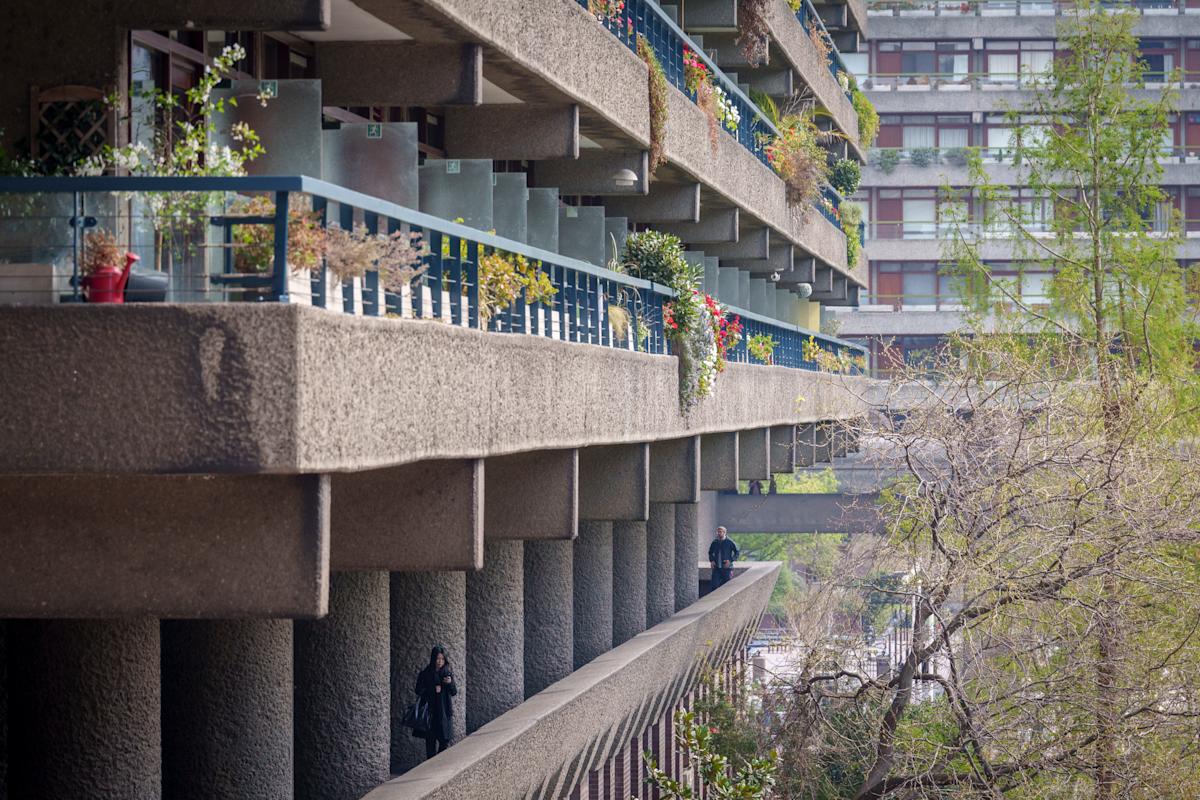The average rent across the UK has reached an all-time high, with the typical advertised rent hitting £1,577 per calendar month (pcm) in August. In London, this average climbed to £2,699, according to Rightmove (RMV.L).
The North West has experienced the steepest rise in rents, with average prices up by almost 10% compared to last year, bringing the average monthly rent in the region to £1,278.
In London, average rents remain the highest across Great Britain at £2,699 per month, but the year-on-year increase has been more modest at just 2%. Other regions are also showing varying levels of growth. For example, the South East and East of England have seen average rents rise by 2.4%, bringing the average monthly rent to £1,828 and £1,599, respectively. The South West saw a more modest increase of 2.1%, with average rents now standing at £1,461.
In contrast, the North East saw a more substantial rise of 2.9%, with average rents now £918 per month, while in the East Midlands, rents have increased by 2.3% to £1,134. Wales and Scotland both saw rents rise by around 2.5%, with averages reaching £1,107 and £1,141 respectively.
Read more: 5 ways to budget smartly and make your money go further
Yorkshire and the Humber saw a similar 2.5% increase, with the average rent in the region now standing at £1,051. The West Midlands saw a 2.5% increase, bringing the average monthly rent to £1,196.
The surge in rental prices comes amidst an ongoing squeeze on housing supply. While the number of homes available to rent has risen by 8% compared to August 2024, this represents the smallest increase of the year, pointing to the persistent supply constraints that are driving up rents.
Looking back to pre-pandemic levels in August 2019, available rental stock remains 27% lower.
Read more: Barclays hikes and Halifax cuts mortgage rates amid mixed economic signals
Colleen Babcock, property expert at Rightmove, said: “While tenants looking to move have more choice and less competition from others than in previous years, they may still find their options limited due to rents being at record levels.”
Rightmove said rumours about potential tax hikes on landlord rental income in the autumn Budget have further rattled the market.
According to insights from the property site, 33% of landlords are contemplating exiting the rental market due to these legislative and fiscal pressures. Two-thirds (66%) feel unsupported by the government in navigating the evolving regulatory landscape, with many fearing that future changes could make their investments unsustainable.
Landlords are particularly concerned about new taxation and regulatory measures, which top the list of frustrations. A significant portion (68%) of landlords say these factors are prompting them to consider reducing their property portfolios in the coming year.
However, in the short term, there is some optimism. While 51% of landlords intend to maintain the size of their portfolios, 20% are looking to expand their holdings.
Babcock said:“Landlords provide essential homes for tenants, and they have already faced increased taxation through stamp duty changes. If additional burdens are placed on them, it may push more landlords out of the sector, ultimately leaving tenants with fewer choices and less affordable housing options.”
Read more:
Download the Yahoo Finance app, available for Apple and Android.

